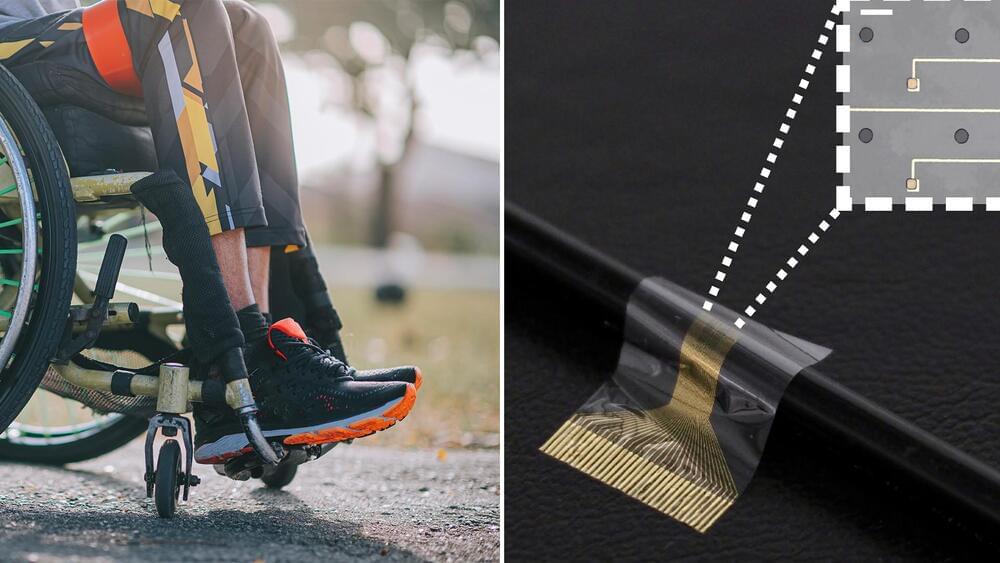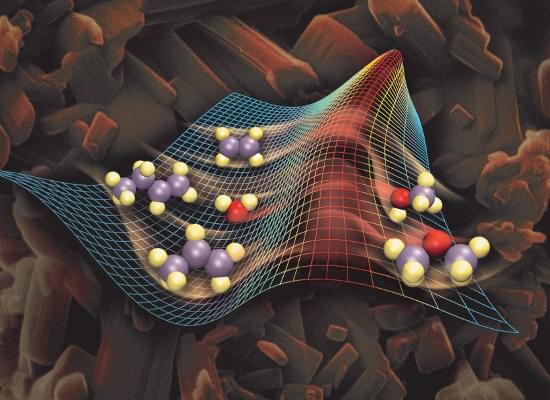DART VADAR can automatically sense and respond to molecular triggers in cells.
During the COVID-19 pandemic, the term mRNA was brought to the public’s attention. It is, however, not a new medical technology, having been identified in 1961.
These mRNA vaccines were developed to generate a full-body immune response in order to protect the human body from the deadly coronavirus and its variants.
Dr_Microbe / iStock.
The rapid development of mRNA-based vaccines saved millions of lives worldwide. Since the beginning of the pandemic, up to twelve billion doses of mRNA vaccines have been administered globally.






